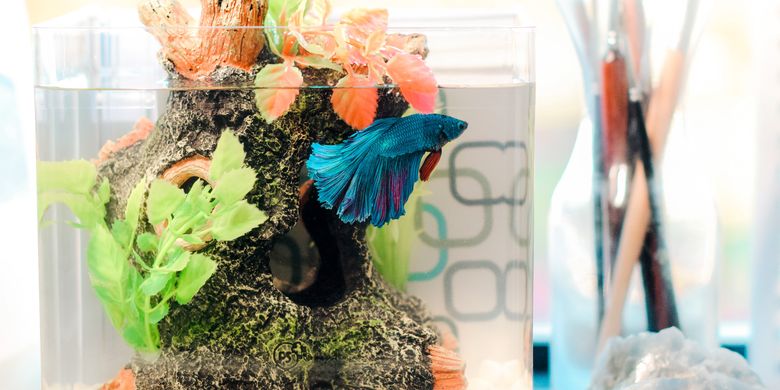Turkey is important to the European Union and a good relationship with the country is therefore essential. This is what Commission President Ursula von der Leyen and President of the European Council Charles Michel said after a meeting with President Erdogan. Yet they have also discussed human rights and criticized Turkey’s decision to leave the Istanbul Convention (against violence against women).
Von der Leyen and Michel visited Erdogan to strengthen ties after Turkey and Greece got into a conflict over oil and gas drilling and maritime borders in the Mediterranean last year. The EU imposed sanctions on Turkey. Member States recently decided not to step up all sanctions further, because tensions between Turkey and Greece have eased again.
Success story
The Commission President stressed the importance of a good relationship between Turkey and the EU. She therefore announces that Turkey and the EU will improve trade relations. The visit is seen by both Turkey and the EU as a ‘restart’ of the relationship.
“For Turkey, this visit is a success story,” says correspondent Mitra Nazar. “There is talk here in the media of breaking new ground and a positive future in terms of economic ties between Turkey and the EU. From the government’s point of view, this is just as they envisioned it.”
Charm offensive
According to her, it is therefore in Ankara’s interest to get the relationship with the European Union right. At the beginning of this year, Erdogan launched a charm offensive to restore the troubled relationship. Turkey is in a deep economic crisis and cannot afford an ongoing fight with the 27 Member States. “That is why we saw Turkey take a step back in the conflict in the Mediterranean at the end of last year.”
But it is also in the interest of the EU to restore the relationship, because of the migration deal. “And Erdogan knows that very well. He has a trump card, namely four million refugees who are being received in Turkey. The EU wants Turkey to continue to receive them. This gives Erdogan a good negotiating position,” says Nazar.
A spokesman for Erdogan has also told Turkish media that the president has told EU bosses that Turkey’s ultimate goal is to join the EU. The country has had this ambition for years. But according to sources within the EU, that is still far from being an issue and much will depend on how Turkey fares in the future.
Raised eyebrows
The big question that hung over this visit was whether the theme of human rights would be discussed. Critics in Brussels and opposition voices in Turkey called on Von der Leyen and Michel in advance to address Erdogan on issues such as the recent withdrawal from the Istanbul Treaty and the growing pressure on the opposition in Turkey. In particular, far-reaching steps that Erdogan has recently taken to ban the large pro-Kurdish opposition party HDP are of particular concern.
Von der Leyen has unsuccessfully asked Erdogan to revise the decision on the Istanbul Treaty. They have also spoken extensively about violations of human rights, according to von der Leyen. “Human rights are non-negotiable and we have made that very clear,” says von der Leyen.
Human rights organizations say the EU should be much more critical of Erdogan, and expressing concern alone is not enough. In February, the Turkish leader launched a much-discussed action plan to improve human rights.
“That plan was received with raised eyebrows in opposition circles. It refers to the many journalists and opposition members who are in prison. First see then believe, it is said,” says Mitra Nazar.
–


